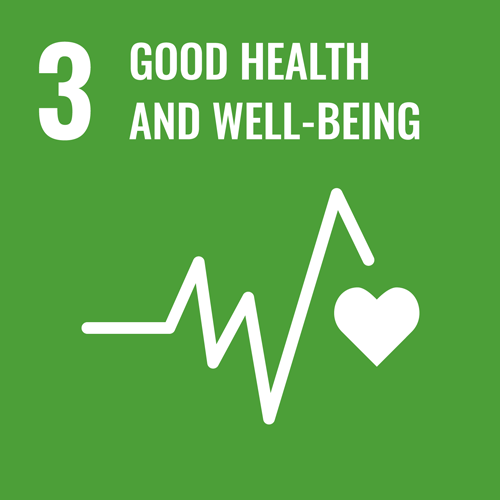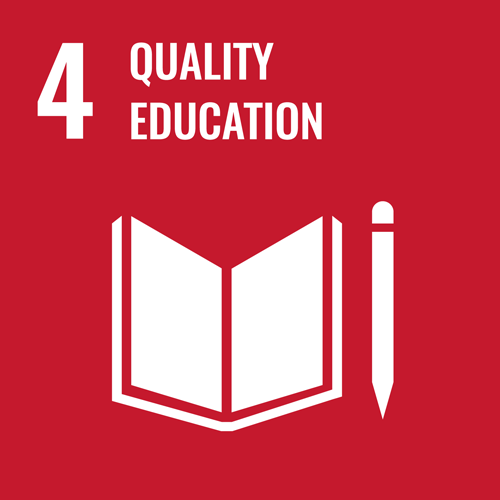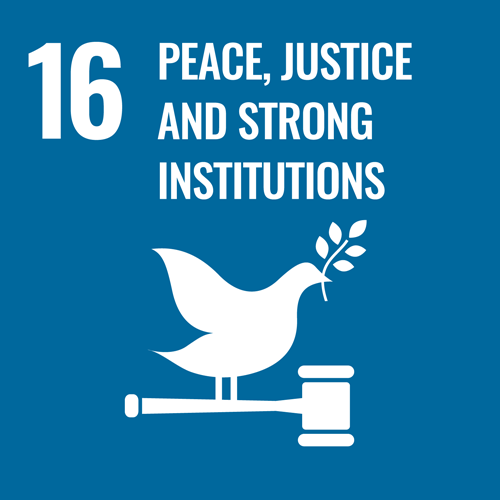Civic participation in AI and digital health governance: The role of young people in Kenya and beyond

- 27 March 2024
By Tara Imalingat, MSc in Global Health, Social Justice and Public Policy Candidate, Kings College London
In the global discussions on AI and digital health, the Special Rapporteur on the Right to Health Dr. Tlaleng Mofokeng released the report on Digital Innovation, Technologies and the Right to Health. She stresses the link between the right to health and public participation, underscoring the need for opportunities for the meaningful participation of civil society and communities, including young people, in digital health governance. She calls for regulatory environments to be shaped by the users of these digital technologies. Given the potential for AI to replace human decision-making and autonomy in certain situations, effective participatory governance structures become even more crucial for AI-based applications.
The World Health Organization (WHO) Global Strategy on Digital Health 2020-2025 similarly calls for the implementation of mechanisms for more public participation and transparency in national and international digital health decision-making processes. In its guidance on Artificial Intelligence for Health, WHO demands that:
“civil society and affected communities should participate in the design of AI technologies, and international organizations should work with non-governmental organizations and affected populations to develop and mainstream guidance for governments and companies,” WHO.
Despite healthcare having been catapulted into the digital age, most governments are yet to develop a framework that can facilitate the meaningful participation of civil society and especially of young people, who are the next generation of leaders and often the earliest adopters of digital tools and technologies. Digital technologies have, in recent years, been considered an area of exploration for the enhancement of participation in public life. Countries like India, Scotland, Korea and Uganda are already leveraging these technologies to identify and respond to the evolving needs and priorities of the youth across various sectors.
In Kenya, the youth, comprising three-quarters of the population, are showcasing remarkable ingenuity in catering to the rising demand for online health information and services among their diverse peers. Despite their significant numbers and potential as a resource for societal, economic and political progress, young people remain largely untapped.
Notably, Kenya is the only country on the African continent with legislation that regulates the provision of digital health services, having recently signed the Digital Health Act No. 15 of 2023 into law. While Kenya’s legal framework for youth involvement in governance presents a picture of goodwill, its implementation still falls short. As such, progressive laws like the Digital Health Act have been adopted without effective (youth) participatory structures at all levels of government.
A recent youth-led research study in Kenya supported by Young Experts: Tech for Health (YET4H) sought to assess the opportunities and challenges for youth-inclusive public participation processes in the development of a digital health regulatory framework.
The study was conducted online with a total of 73 participants drawn from 15 counties in Kenya. The lived experiences of 68 young people between 18-34 years of age, inclusive of women, men, trans and non-binary people from various community groups, socio-economic backgrounds, literacy levels among other differences were collected. In addition, Key Informant Interviews (KIIs) with experts drawn from various stakeholder groups such as county and national government, international organizations, policy makers, legislators and civil society were held.
The study revealed that young people want to be fully integrated into pre-existing public participation structures and engaged throughout the entire legislative and policy-making process from development to implementation.
Constraints with respect to physical access, lack of information and ineffective communication strategies were documented as the major barriers hindering youth participation. With respect to opportunities, study findings revealed that 96% of respondents supported the development of a digital civic participation framework designed for the youth to ensure their needs and voices are fully reflected in all future digital health laws, policies and strategies. The participants believed that the development of an e-participation forum would cost less, take less time and reach a wider youth audience. While some respondents were skeptical about the risks to their rights, including their rights to data protection, information, non-discrimination, freedom of expression and the right to health, their overall outlook on a digitally enabled participation system was generally positive. As part of this digital system, the study also revealed that the provision of digital, health and civic literacy would need to be approached holistically, presented contextually and generate action-based solutions.
In light of the above, countries contemplating the adoption or amendment of digital health and AI-related laws should consider complementing their existing participatory governance infrastructure with digital civic participation mechanisms. This approach may facilitate the effective involvement of young people and other key populations in informing the development of rights-based technologies and in shaping more progressive, inclusive and sustainable AI and digital health regulatory environments.
About the Author:

Tara Imalingat, LLB, PGDip Healthcare Ethics and Law, PGDip Law, is currently pursuing a Master of Science (MSc) degree in Global Health, Social Justice and Public Policy at Kings College London. She is a qualified Advocate of the High Court of Kenya and earned a Bachelor of Law Degree and Postgraduate Diploma in Healthcare, Ethics and Law from the University of Manchester in the United Kingdom. Previously, she worked as a Programme Officer at the Kenya Legal & Ethical Issues Network for HIV and AIDS (KELIN) where she worked with the Digital Health and Rights Consortium, a group of individuals and organizations working in academia and civil society who through research and advocacy are exploring the need for a rights-based approach to digital health governance. Tara was recently awarded a digital health research fellowship by Young Experts Tech for Health (Yet4h) a platform established by Transform Health to push for youth leadership on the road to achieving Universal Health Coverage by 2030 through data and digital technologies.
















